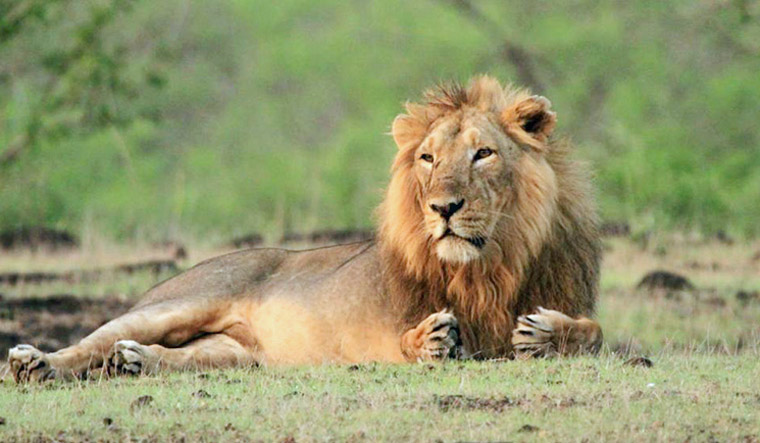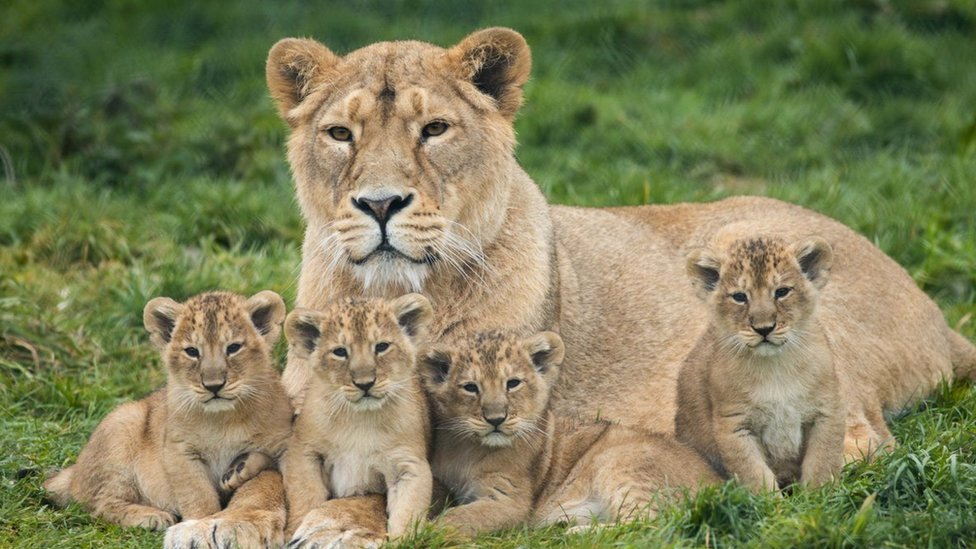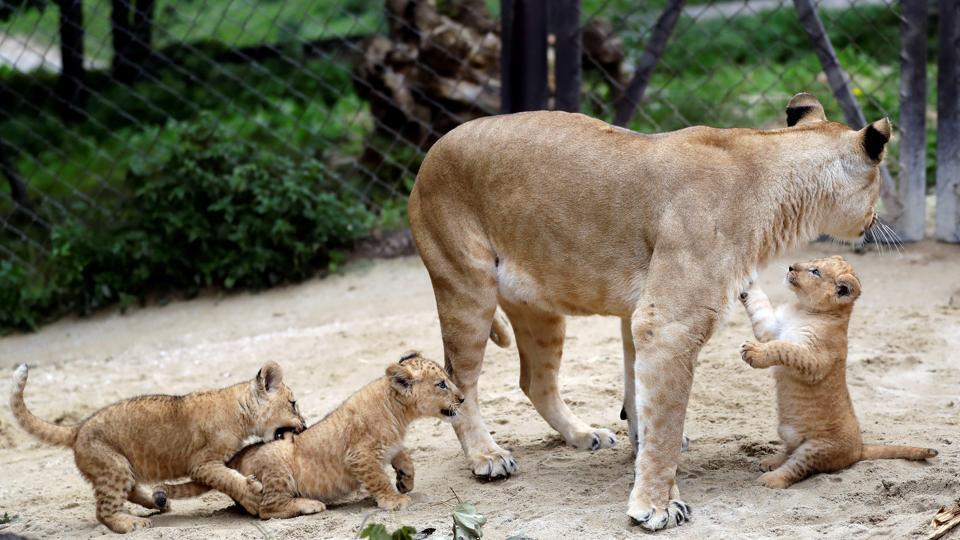
Ahmedabad: The tick-borne babesiosis disease has claimed lives of as many as 23 Asiatic lions within a short span of three months in Gir National Park of Gujarat. Officers said that efforts to prevent the spread of the disease are underway.
A senior officer of Gujarat’s forest department said that the lion deaths were caused as a result of exposure to a protozoan parasite called babesia. It spreads due to mite bites and tick infestation. The disease is known as babesiosis. It is non-contagious and can be treated completely.
Infected lions are being treated
While speaking to the Hindustan Times, DT Vasavada, Chief Conservator of Forest, Junagarh said that the deceased big cats inhabited a small part in the eastern Gir forests and might have got infected by feeding on some animal. As many as 18 babesiosis-infected lions are being treated at Jasadhar Animal Treatment Centre. Six animals have been successfully treated with the help of antibodies, he added.
Efforts to contain the babesiosis outbreak
The forest department has undertaken several measures contain the outbreak of the protozoan disease. The officials are de-worming cattle because the Asiatic lions often prey on them, cattle enclosure are also being disinfected as mites and ticks could be present there. Moreover, grass and hay near water holes is being burnt as all animals gather there for drinking water and chances of presence of mites and ticks there are high.
Babesia attacks RBCs
Babesia targets red blood cells and causes anaemia in lions. The condition makes them susceptible to other diseases such as canine distemper virus (CDV). Earlier, the combination of the deadly virus and the tick-borne babesiosis killed nearly 24 lions. This prompted the Gujarat Forest Department to import CDV vaccine from the US and vaccinate all the lions in the Gir National Park.
Source: Times Now






